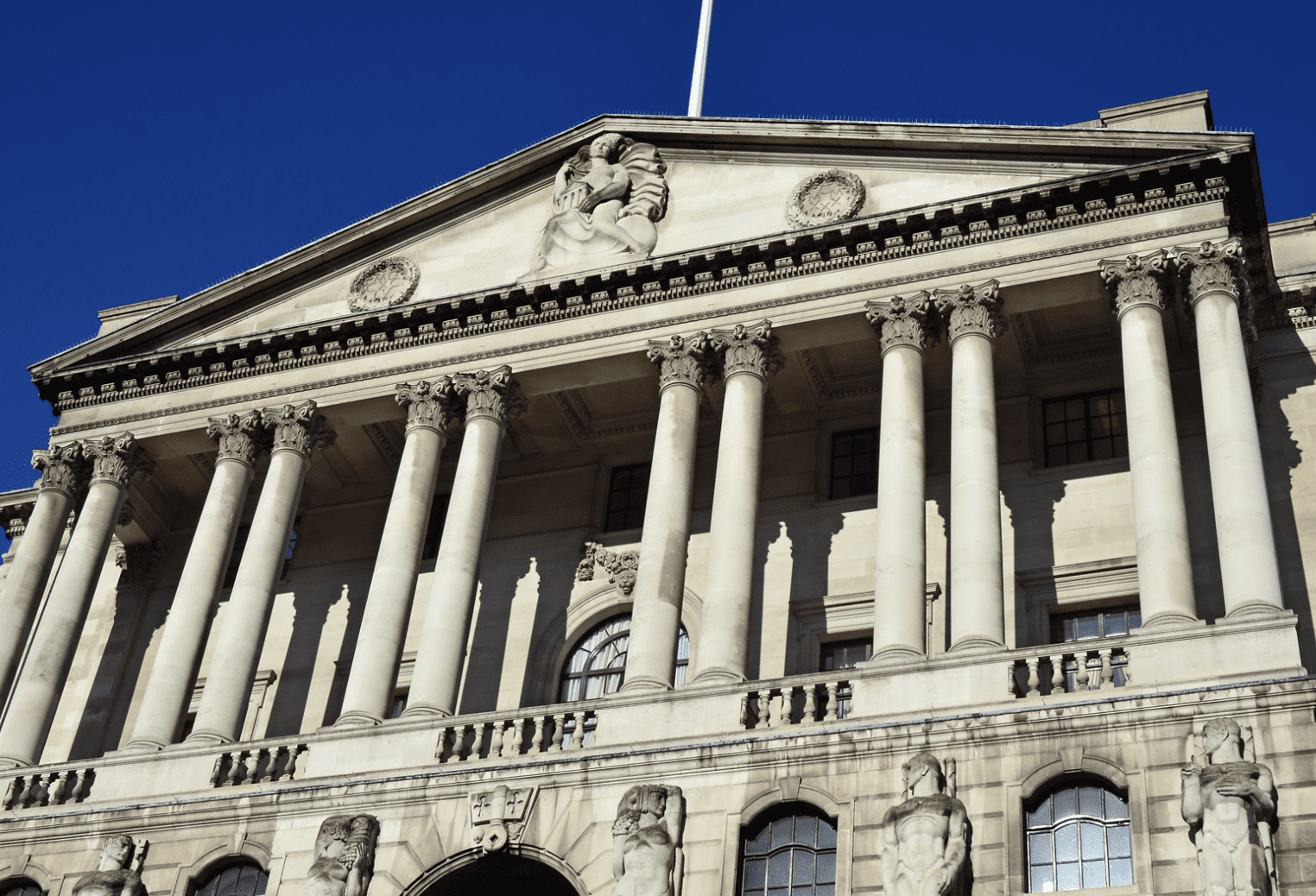
For the fifth time in seven months, the Bank of England has raised interest rates in the UK by a further 0.25%. At 1.25%, interest rates are now at their highest levels in 13 years. The decision followed in the wake of the .75% Federal interest hike in the U.S.—the highest raise by the Federal Reserve since 1994—and is meant to temper rising inflation and combat poor economic growth.
In a statement released by the monetary policy committee responsible for the hike, the increase is explained by “continuing signs of robust cost and price pressures, including the current tightness of the labor market, and the risk that those pressures become more persistent,” which caused the committee to vote “to increase the bank rate by 0.25 percentage points.”
Inflation in the UK is currently at 9%, its highest in 40 years, and the bank warned it might reach 11% in autumn. Further increases of the interest rate, up to 3%, are expected. The Bank of England opted to stop announcing that more rises are on the way, and instead stressed its willingness to “act forcefully” in response to any sign that inflation is becoming persistent.
Of the nine-member committee, three members voted for an even higher increase by 0.5%.
Even though the interest rates are still at rather low levels historically speaking, mortgage holders and businesses might still be strongly affected by this increase. Compared to rates prior to the first increase in December 2021, customers of tracker mortgages are paying almost £115 more a month, while variable mortgage holders saw an increase by £73.
The increase of the interest rate is predicted to curb customer spending, leading many businesses to be wary of the future. Julie Dalton, the managing director of Gulliver’s Theme Park Resorts, told the BBC that they are “not seeing it directly” at the moment, but that they “know we are a luxury.” Based on past experience, “when interest rates go up we do start to suffer,” Dalton said.
Meanwhile, the economic outlook in the UK remains grim. In the period April through June, the economy is expected to shrink by 0.3%. While a slight growth in the July through September period might help stave off a recession this year, expectations are that the economy will shrink again during the final months of the year, when the price cap on household energy bills may rise from £1,971 a year to almost £2,800. With rising gas and electricity prices, the bank predicts the cost of living to increase by more than 11% by October, meaning the inflation rate will be more than five times the officially announced inflation target of 2%.
